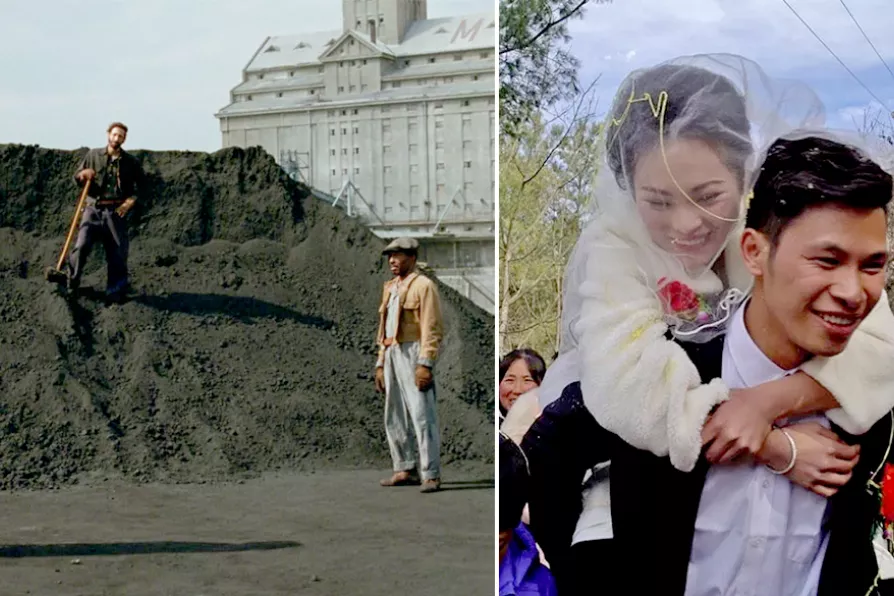MAYER WAKEFIELD speaks to Urielle Klein-Mekongo about activism, musical inspiration and the black British experience

 (L) The Brutalist, directed by Brady Corbet; (R) Youth Homecoming, directed by Wang Bing
[IMDb]
(L) The Brutalist, directed by Brady Corbet; (R) Youth Homecoming, directed by Wang Bing
[IMDb] AT the age of 74, and after more than 20 films, celebrated Spanish director Pedro Almodovar has won the Golden Lion with his latest feature, The Room Next Door (★★★★★); another entry into the director’s increasingly melancholic oeuvre, prone to analysing the fear of death and physical decline.
Shot in English, and starring Tilda Swinton and Julianne Moore, the film explores the reunion of two friends, Martha and Ingrid, one a novelist, the other a war reporter. Martha, afflicted with an incurable cancer, invites Ingrid to a lavish modernist house in Woodstock, where she wants to choose the exact hour of her death with an illegal euthanasia pill.
There are several sequences of amazing emotional power, such as the moment Tilda’s character reveals how little time she has left. Everything is right: the miraculous use of words, the limpid cinematography, the natural acting, creating an atmosphere you can’t forget. Almodovar’s style is now more minimalist and more introspective. This is one of Almodovar’s simplest films, and one of his most universal.














